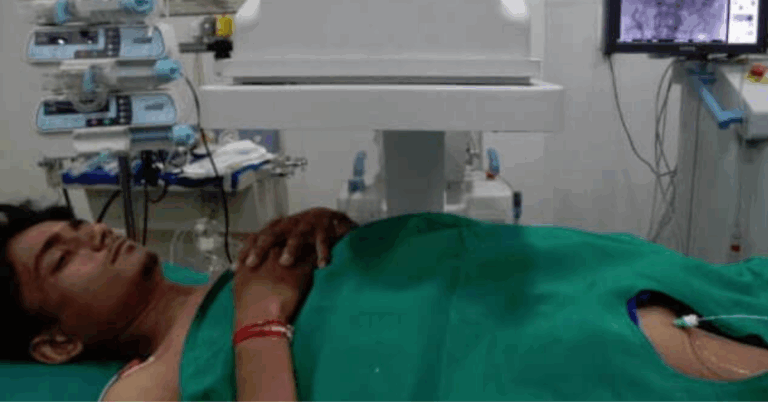Nanotechnology in Drug Delivery Systems
One of the significant challenges in drug delivery systems lies in achieving targeted and efficient delivery to specific sites within the body. The complexities of navigating through various biological barriers, such as the blood-brain barrier, pose a constant hurdle in ensuring that the drug reaches the intended location in adequate concentrations. This is crucial for enhancing the therapeutic efficacy of drugs while minimizing potential side effects on other healthy tissues.
Moreover, the issue of drug stability and degradation during transit through the body presents another obstacle in drug delivery systems. Factors such as enzymatic degradation, pH fluctuations, and exposure to various biological environments can significantly impact the overall effectiveness of the delivered drug. Therefore, developing innovative strategies to enhance the stability and bioavailability of drugs in transit remains a persistent challenge in the field of drug delivery systems.
Benefits of Nanotechnology in Medicine
Nanotechnology has revolutionized the field of medicine by enabling targeted drug delivery systems. Through nanoscale materials, medications can be designed to reach specific cells or tissues, improving their effectiveness while reducing side effects. This precision in drug delivery has significantly enhanced treatment outcomes for various diseases, from cancers to infectious conditions.
Moreover, nanotechnology has allowed for the development of advanced imaging techniques in medicine. By incorporating nanoparticles into diagnostic tools, healthcare professionals can obtain clearer and more detailed images of the body’s internal structures. This has led to earlier and more accurate disease detection, ultimately resulting in improved patient care and outcomes.
What are some challenges in drug delivery systems that nanotechnology can help address?
Nanotechnology can help address challenges such as poor solubility of drugs, lack of targeted delivery to specific areas in the body, and issues with drug stability and bioavailability.
How can nanotechnology benefit medicine?
Nanotechnology in medicine can offer benefits such as improved drug delivery, increased efficacy of treatments, reduced side effects, and the ability to target specific cells or tissues in the body.
Can nanotechnology be used in the treatment of cancer?
Yes, nanotechnology is being used in the development of targeted cancer therapies that can deliver drugs directly to tumor cells, minimizing damage to healthy tissues.
Are there any risks associated with using nanotechnology in medicine?
While nanotechnology offers many benefits, there are also concerns about potential toxicity and long-term effects of nanoparticles in the body. Research is ongoing to address these risks.
How is nanotechnology being used in the field of diagnostics?
Nanotechnology is being used to develop sensitive diagnostic tools that can detect diseases at an early stage, leading to better outcomes for patients. Techniques such as nanoparticle-based imaging and biosensors are being explored for this purpose.






